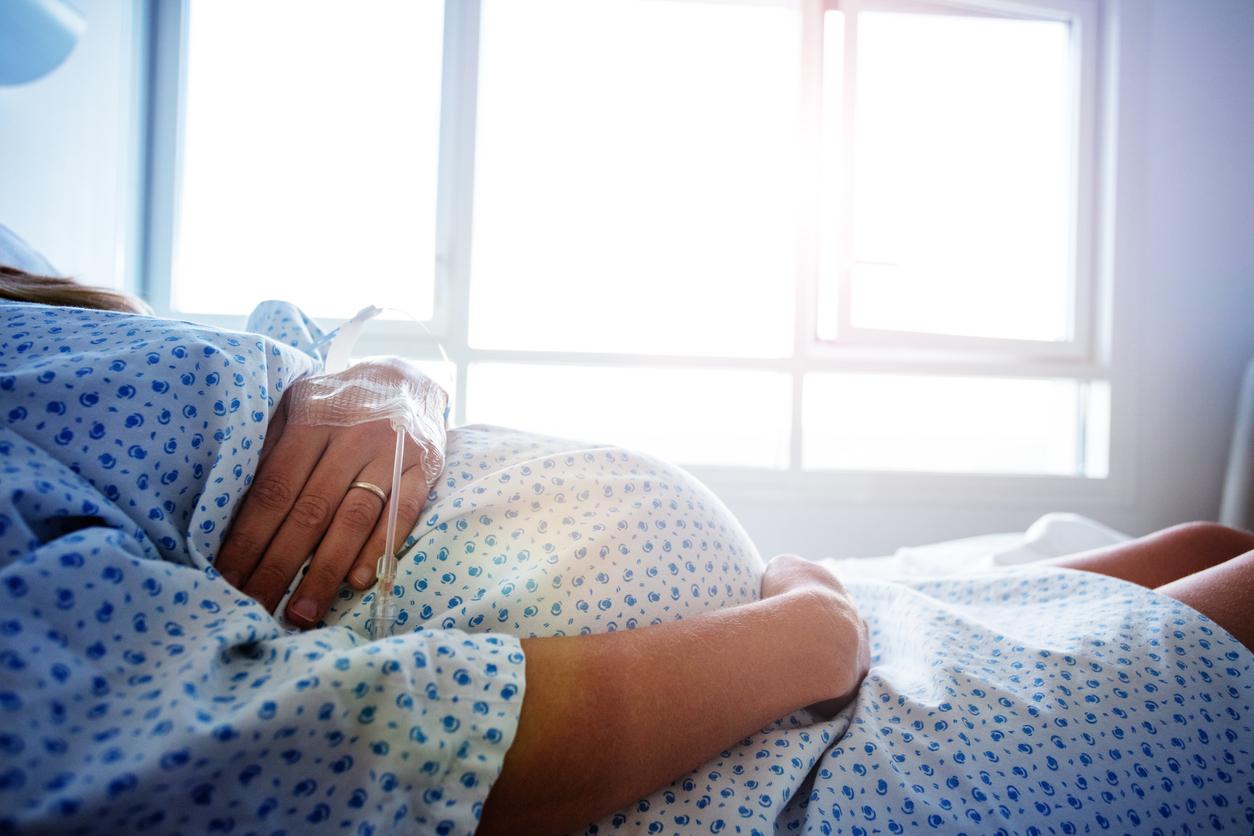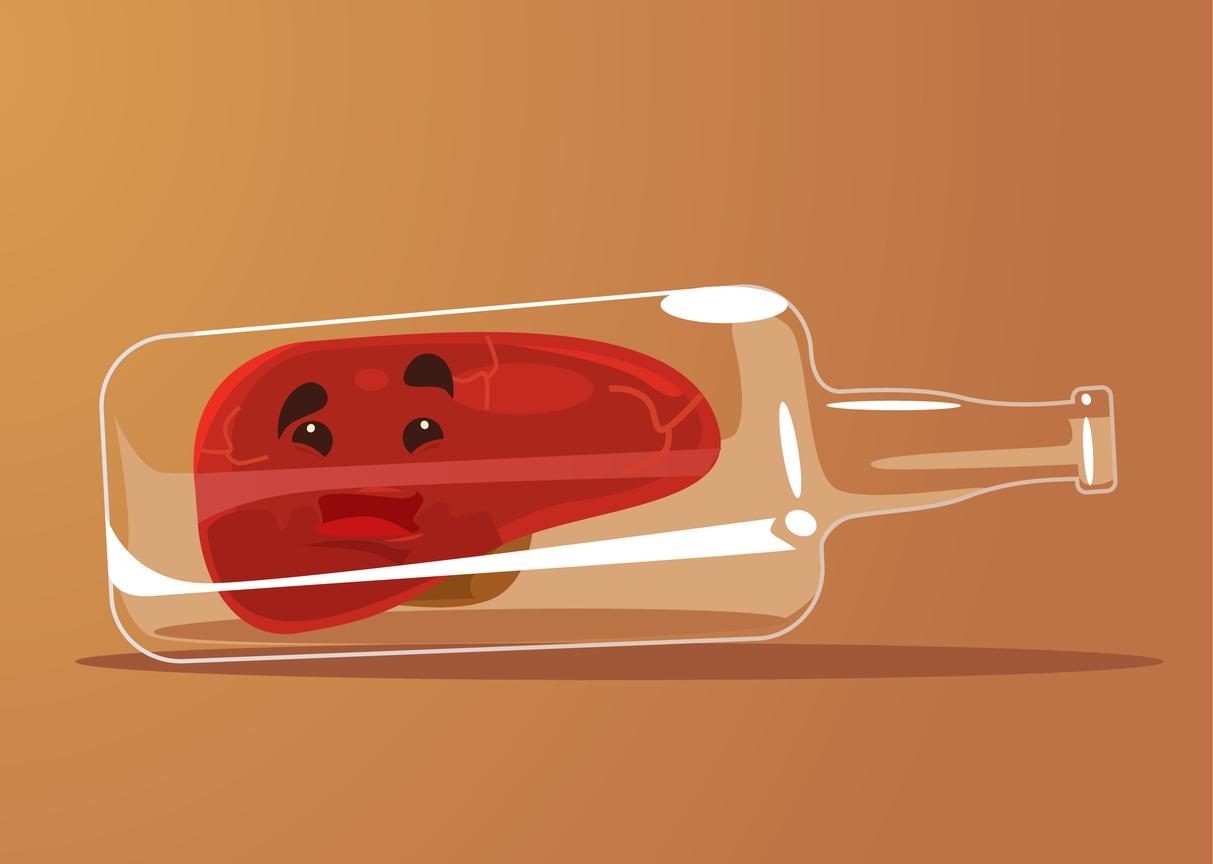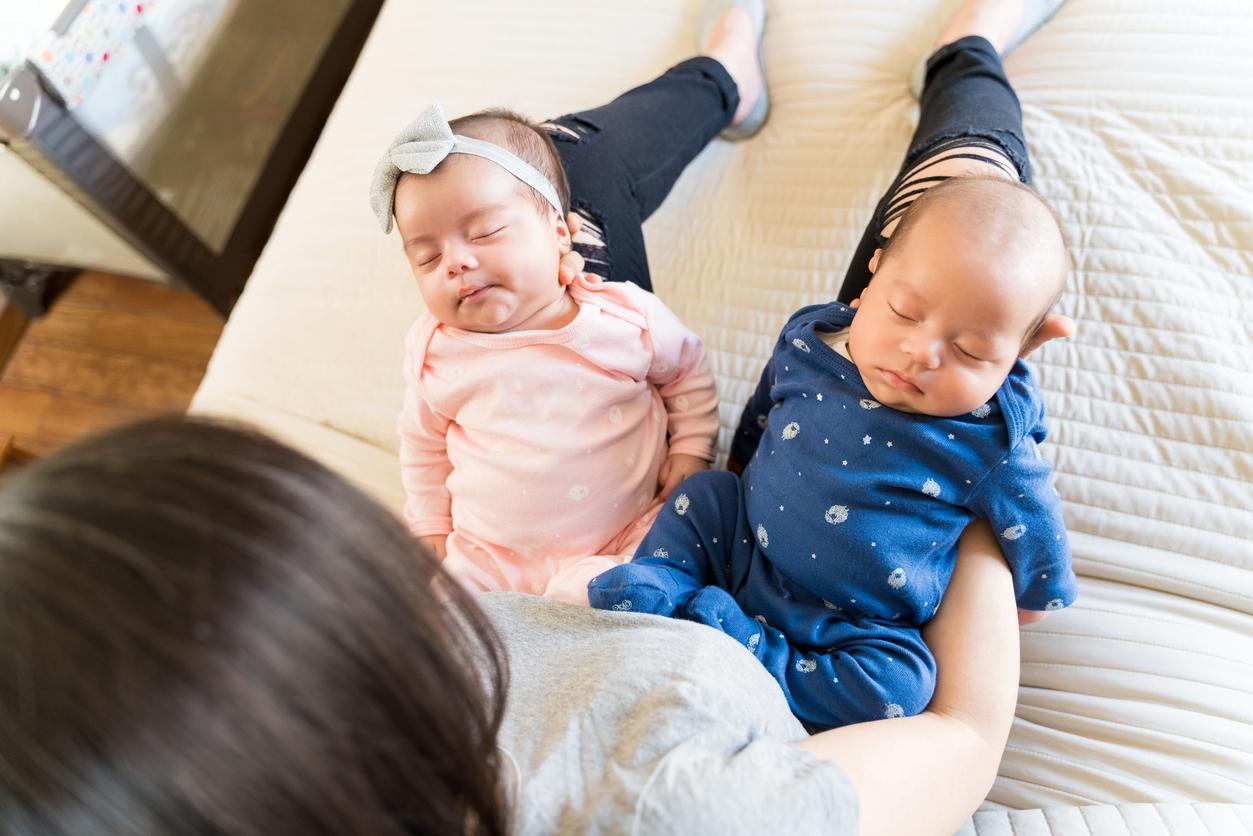On average, 800,000 babies are born each year in France (818,565 in 2014) and 8,000 of them suffer from fetal alcohol syndrome (FAS). These children will suffer from significant delays in growth, attention and language disorders, learning difficulties at school or for some deformities of the heart, kidneys, eyes or skeleton.
However, the notion of risk associated with alcohol consumption during pregnancy is still very vague. According to the results of a survey conducted by the National Institute for Prevention and Education for Health (Inpes) and the Interministerial Mission for the Fight against Drugs and Addictive Behaviors (Mildeca), only one person than four believes that any alcohol consumption during pregnancy poses a risk to the newborn.
For the majority of people (86%) questioned, the risk only exists in the event of excessive occasional consumption. 18% believe that a pregnant woman can drink a few sips of alcohol from time to time without taking any risk for her baby and 37% believe that the risks appear for the baby only from daily alcohol consumption.
“Alcohol consumption is on the rise among women and especially among students. It is becoming commonplace. Given the risks associated with alcohol consumption during pregnancy, it is important to remember the prevention messages” states the Dr François Bourdillon, Director General of Inpes.
The take home message is simple. As alcohol passes from maternal blood to fetal blood, through the placenta, women should refrain from all alcohol consumption. from the design wish of a child, then during pregnancy, and finally throughout the period of breastfeeding.
Read also :
Infographic: good nutrition in the first months of pregnancy
Alcohol: avoid from conception

















